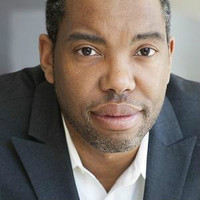Terror in Little Saigon
Five Vietnamese-American journalists were killed on American soil between 1981 and 1990. The prime suspects? Members of the National United Front for the Liberation of Vietnam, a group of former military commanders from South Vietnam.









